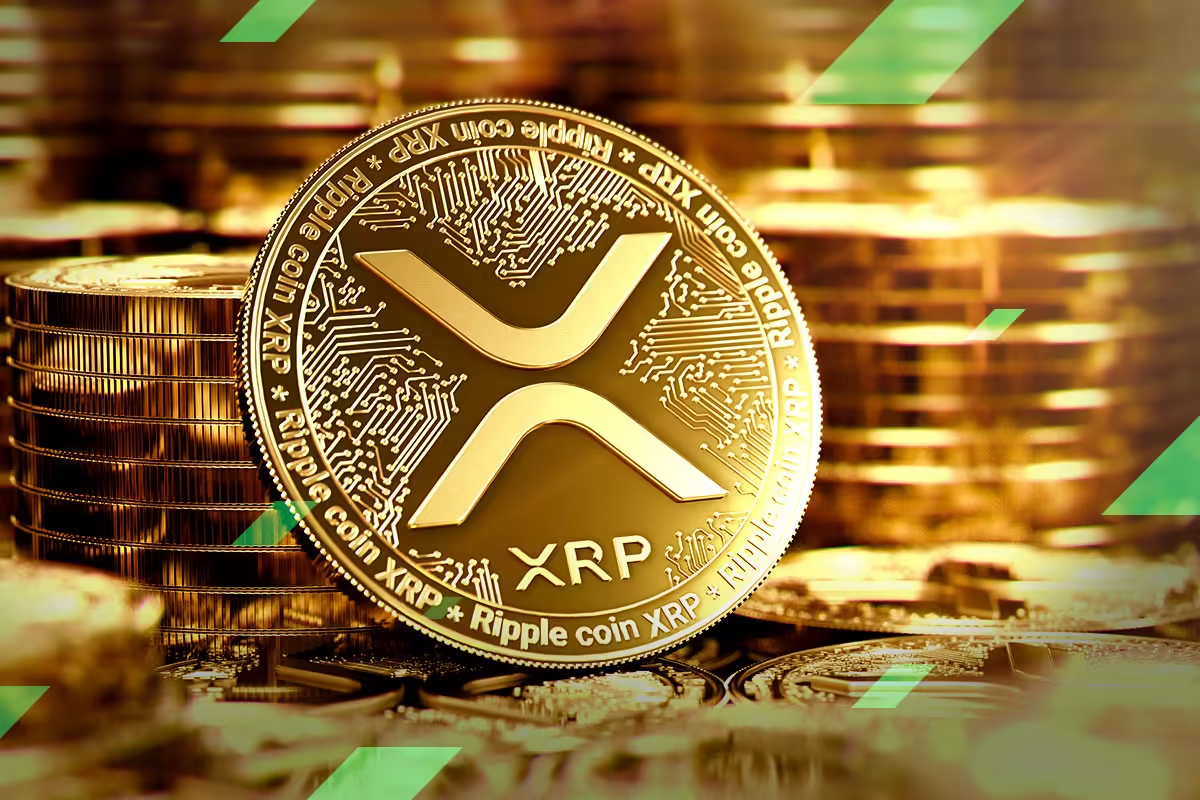|
Getting your Trinity Audio player ready...
|
South Korea’s Financial Services Commission (FSC) is reconsidering its hardline stance on cryptocurrency regulation, hinting at a potential shift that could reshape the digital asset landscape. In a significant move, the FSC announced plans to reevaluate the ban on local spot cryptocurrency exchange-traded funds (ETFs) and the restrictions on institutional accounts engaging with crypto exchanges. This development forms part of a broader discussion on digital assets by the FSC’s newly established cryptocurrency committee.
Historically, the FSC has taken a conservative approach, barring cryptocurrencies from entering traditional financial markets. However, in its annual audit report, the regulator revealed a newfound willingness to reconsider some of its previous decisions. This change in tone signals a possible departure from the FSC’s longstanding opposition to digital asset exposure in South Korea’s financial systems.
U.S. Spot Bitcoin ETFs Fuel Reassessment
One factor driving this shift is the recent approval of spot Bitcoin ETFs in the United States, which have proven successful. The launch of these financial products has increased pressure on South Korean regulators to keep pace with global trends. While the FSC remains committed to its existing ban on local cryptocurrency ETFs for now, there are indications that its stance may soften as the market evolves.
The FSC’s reassessment of its policies could pave the way for the introduction of local spot cryptocurrency ETFs, potentially opening new investment avenues for institutional players in South Korea. Such a move could also signal the FSC’s recognition of the growing role cryptocurrencies play in the global financial ecosystem.
Scrutiny on Monopolistic Structures in Crypto Exchanges
Beyond ETFs, the FSC has also turned its attention to the concentration of power within South Korea’s cryptocurrency exchanges. In particular, the regulator is concerned about the dominance of Upbit, one of the country’s largest digital asset platforms. FSC Chair Kim Byung-hwan highlighted these concerns during a recent parliamentary session, indicating that an investigation into the monopolistic structure of crypto exchanges would soon be underway.
The issue was brought into sharper focus by lawmaker Lee Kang-il from the Democratic Party, who flagged the financial interdependence between Upbit and K-bank, a leading digital bank in South Korea. According to Lee, deposits from Upbit customers account for 20% of K-bank’s total deposits, raising alarm over the potential risks posed by this relationship. Should the Upbit-K-bank partnership falter, it could severely impact K-bank’s plans for an initial public offering (IPO).
Implications for South Korea’s Crypto Market
As the FSC begins to reevaluate its cryptocurrency policies, the potential approval of local spot ETFs and an inquiry into exchange monopolies could have far-reaching effects. For South Korean investors, the introduction of ETFs could provide a more regulated and secure way to gain exposure to cryptocurrencies, further integrating digital assets into the traditional financial system.
Additionally, greater regulatory scrutiny of exchanges like Upbit could prompt changes in how these platforms operate, potentially fostering more competition in the market. The FSC’s decisions in the coming months will be critical in shaping the future of cryptocurrency regulation in South Korea.
The ripple effects of these regulatory shifts could extend beyond South Korea, influencing global trends and investor sentiment in the digital asset market. With global financial institutions paying close attention, the FSC’s actions may help shape the next phase of cryptocurrency’s integration into mainstream finance.
South Korea’s reevaluation of its cryptocurrency policies marks a turning point in its approach to digital assets. As the FSC considers lifting its ban on spot ETFs and investigates the dominance of Upbit, the nation could soon experience a more open and competitive crypto market. The FSC’s forthcoming decisions will not only impact local markets but could also set the tone for broader global cryptocurrency regulation.
Disclaimer: The information in this article is for general purposes only and does not constitute financial advice. The author’s views are personal and may not reflect the views of Chain Affairs. Before making any investment decisions, you should always conduct your own research. Chain Affairs is not responsible for any financial losses.
I’m a crypto enthusiast with a background in finance. I’m fascinated by the potential of crypto to disrupt traditional financial systems. I’m always on the lookout for new and innovative projects in the space. I believe that crypto has the potential to create a more equitable and inclusive financial system.




